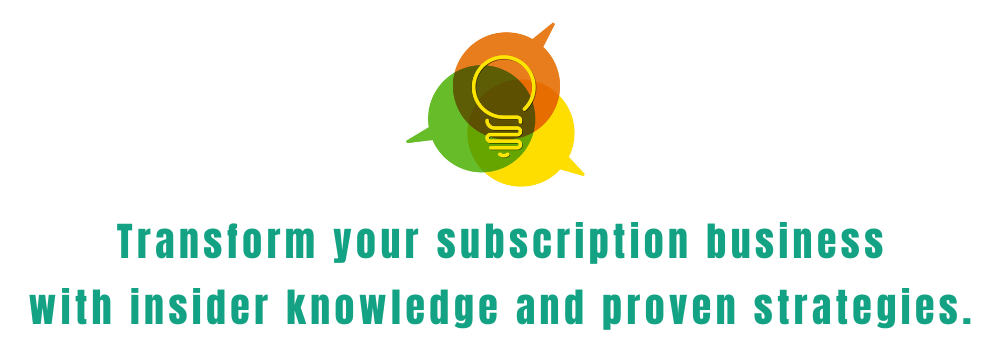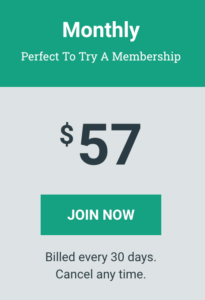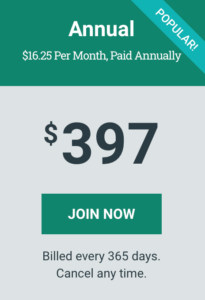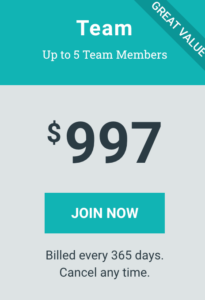
A Profile in Partnering: How One Partnership Made All the Difference for The Purple Carrot
In early 2014, Andy Levitt, future CEO of The Purple Carrot, watched Forks Over Knives, a documentary that highlights how harmful animal-based and processed food diets are for us and how they contribute significantly to obesity, chronic disease and other degenerative conditions. Having spent 20 years in the pharmaceutical industry, Levitt had seen first-hand how the Standard American Diet contributes to chronic health conditions, how billions of dollars are spent on treatments that focus on symp...
HELLO!
This premium article is exclusively reserved for Subscription Insider PRO members.
Want access to premium member-only content like this article? Plus, conference discounts and other benefits? We deliver the information you need, for improved decision-making, skills, and subscription business profitability. Check out these membership options!
Learn more about Subscription Insider PRO memberships!
Already a Subscription Insider PRO Member?
Please Log-In Here!









